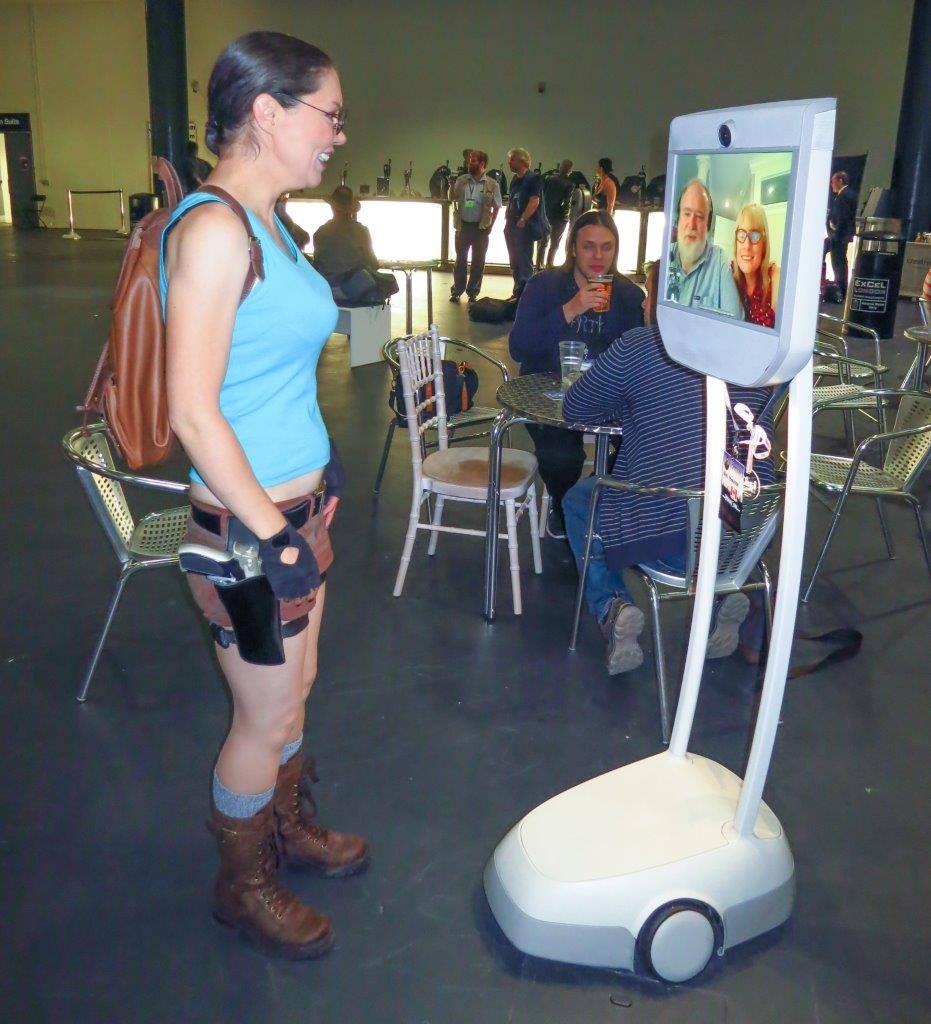Robocars will make traffic worse before it gets better
Submitted by brad on Mon, 2017-10-23 14:46This blog, and many other sites, paint a very positive picture of the robocar future. And it is positive, but far from perfect. One problem I worry about in the short term is the way robocars are going to make traffic worse before they get a chance to make it better.
The goal of all robocars is to make car travel more pleasant and convenient, and eventually cheaper. You can't make something better and cheaper without increasing demand for it, and that means more traffic.











 So many places don't have enough plugs for the modern electronics-laden technomad. So get some power strips. In particular, get the ones that have universal sockets which take US, Euro, UK and Aus/China plugs. Yes, I bring adapters but it's always nice to have some extra plugs. Put one of these power strips by the bed (especially if the plugs by the bed are occupied by lamps and other things.) Put one by the desk space -- you do have desk space, right?
So many places don't have enough plugs for the modern electronics-laden technomad. So get some power strips. In particular, get the ones that have universal sockets which take US, Euro, UK and Aus/China plugs. Yes, I bring adapters but it's always nice to have some extra plugs. Put one of these power strips by the bed (especially if the plugs by the bed are occupied by lamps and other things.) Put one by the desk space -- you do have desk space, right?
 Most of these issues revolve around fleets. Privately owned robocars will tend to have steering wheels and be usable as regular cars, and so only improve the situation. If they encounter unsafe roads, they will ask their passengers for guidance, or full driving. (However, in a few decades, their passengers may no longer be very capable at driving but the car will handle the hard parts and leave them just to provide video-game style directions.)
Most of these issues revolve around fleets. Privately owned robocars will tend to have steering wheels and be usable as regular cars, and so only improve the situation. If they encounter unsafe roads, they will ask their passengers for guidance, or full driving. (However, in a few decades, their passengers may no longer be very capable at driving but the car will handle the hard parts and leave them just to provide video-game style directions.)

